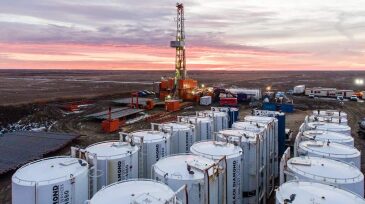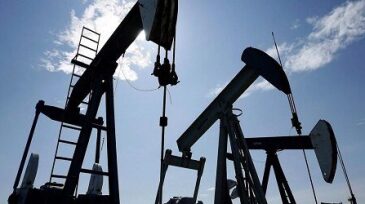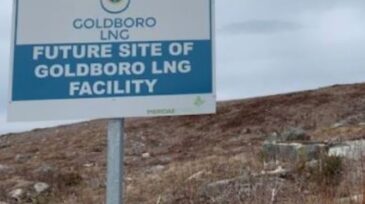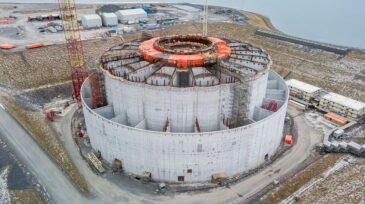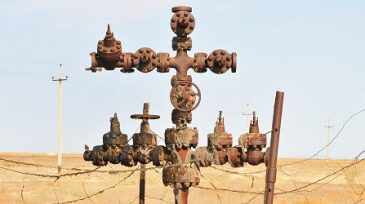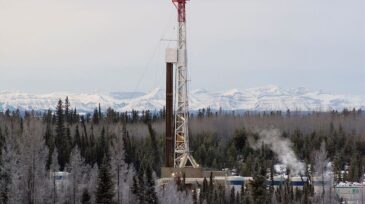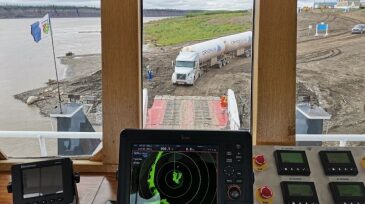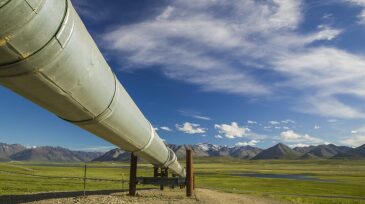Canada
-
The two Calgary-based heavy-oil companies have closed on their all-stock deal that was valued at around $2.9 billion when it was announced in October.
-
A Canadian company reports that it has drilled and completed a historic horizontal well in Saskatchewan.
-
Canada’s methane emissions from the oil and gas sector in Alberta and Saskatchewan are almost twice as high as had been previously reported, according to a new study by federal government scientists.
-
Bechtel will design the LNG facility with a final contract price proposal by spring 2021. If built, Goldboro LNG would be the largest megaproject in Nova Scotia’s history.
-
Facing a minimum 1-year delay to startup, Husky Energy discussed the West White Rose extension project’s challenges and risks with Canadian local and federal governments. Cancellation is a possibility, according to a Husky executive.
-
The Alberta government has announced a new liability management framework aimed at expediting the cleanup of orphan and inactive well sites, signaling a more active approach to reclamation and management of those sites.
-
The country’s once-thriving railway system has skidded to a stall, falling victim to low crude-oil prices, reduced demand, and government-imposed oil production cuts.
-
The all-cash deal bucks a recent trend of international oil companies divesting of Canadian assets and adds 15,000 B/D of production to the buyer’s total.
-
Larger-capacity LNG truck trailers and new regulations for transport by rail are providing more options for industrial consumers in remote locations.
-
US Court decisions put two major pipelines on hold and led to the cancellation of another pipeline project within days of each other.


